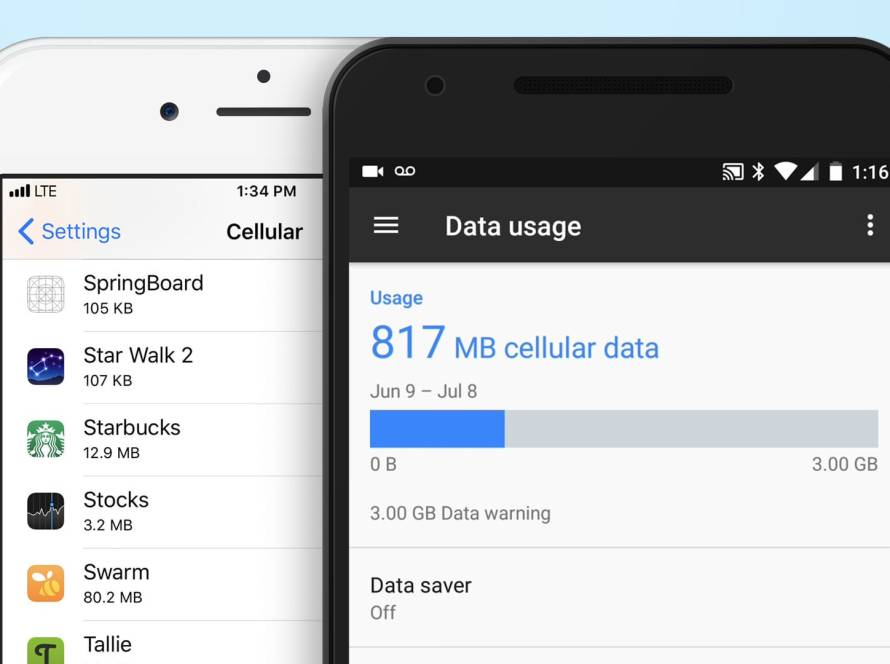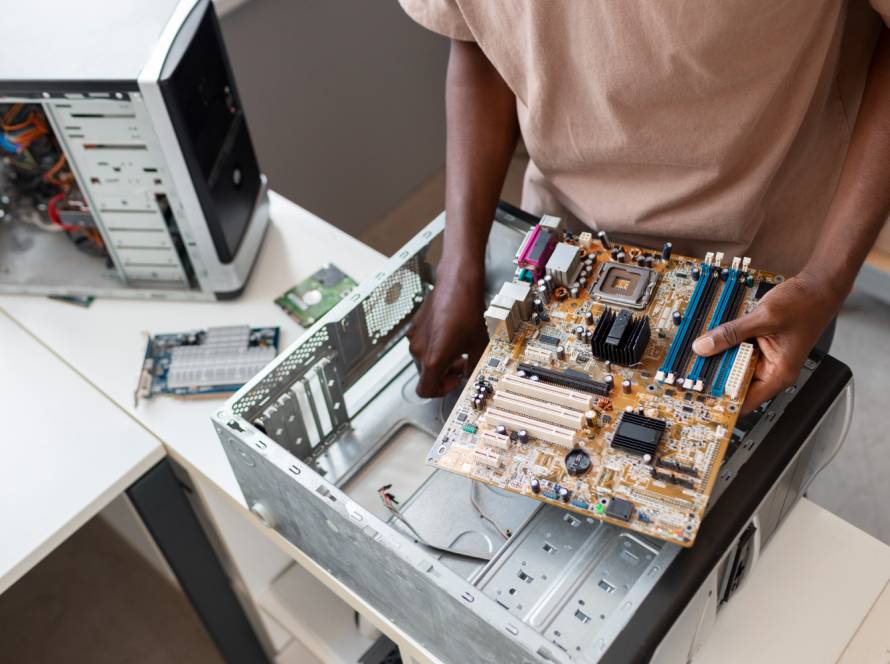Just like humans, computers can contract viruses. And just like human viruses, they come in different forms. While the human body can recuperate within a few weeks of sickness, computers do not have this convenience. Because of this, we need to always take care of our PCs as severe infection can cause havoc can happen. In the long run, viruses can steal our data, delete our files, and easily spread its viruses to other networks.
So today you’ll learn the different types of viruses that you’re computer can contract:
Boot sector virus
To many people, the boots sector virus is one of the most notorious and dangerous viruses out there. It had its notoriety in the 90s when floppy disk used to be a norm. Today, they can be incorporated in flash drives and email attachments. However, the progression of bios has significantly reduced this in the last few years. When this virus infects the computer, it’s difficult to remove. Often, a full system format is needed to get rid of it.
Direct action virus
This is one of the main types of filing factor viruses. It’s considered a non-resident, and it doesn’t install or hide from your computer’s system. Instead, it works as an attachment to different files. When someone decides to use a file, it then comes to life. Fortunately, this virus does not hinder the performance of the system, and it does not delete your files. Also, it has very minimal impact on your computer’s performance, and it’s often easier for any antivirus programs to remove.
Resident virus
Resident virus the most dangerous type of virus a computer can contract. This is another type of filing factors. However, unlike direct action viruses, they need the use of installation. Even when the file is eradicated, it often allows itself to work which makes it difficult for experts to remove completely. Depending on how the virus is programmed, being able to spot them becomes a difficult task. And worst cases, they can attach themselves onto anti-viruses, infecting every files that the program scans. When this happens not even, an antivirus software is can remove them.
Polymorphic virus
This is one of the most difficult viruses to detect by antivirus programs. It spends days or months creating routines that can avoid detection. Still, why are they so difficult to detect? The clue is within the name. Because antivirus can only blacklist a single variant virus, polymorphic viruses can change as it replicates itself. So when an antivirus program sees the file, it can look like an entirely different software. Therefore, it can manage to elude the blacklist.



